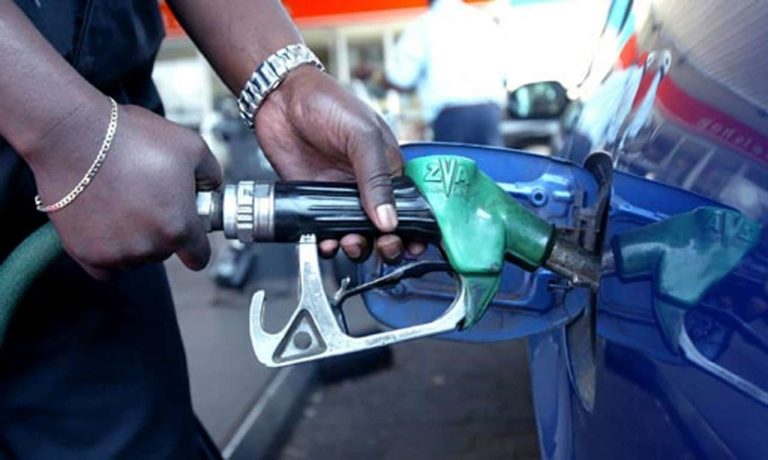
The International Monetary Fund (IMF) has welcomed the decision by the Nigerian government to remove the fuel subsidy, saying it will free up more resources for development spending.
The government claims that the subsidy removal will save the country about 1 trillion naira ($2.6 billion) annually, which can be used for development projects and social welfare programs. But is this claim justified? And what are the implications of the subsidy removal for the Nigerian economy and the people?
In a statement, the IMF said the subsidy removal was a “bold and necessary reform” that would help address the fiscal challenges posed by the COVID-19 pandemic and the decline in oil prices.
Register for Tekedia Mini-MBA edition 19 (Feb 9 – May 2, 2026): big discounts for early bird.
Tekedia AI in Business Masterclass opens registrations.
Join Tekedia Capital Syndicate and co-invest in great global startups.
Register for Tekedia AI Lab: From Technical Design to Deployment (next edition begins Jan 24 2026).
The IMF said the subsidy removal would also reduce the distortions in the energy sector, improve efficiency and transparency, and support the development of renewable energy sources.
The subsidy on petrol was introduced in the 1970s as a way of cushioning the effects of oil price fluctuations on the domestic market. The subsidy meant that the government paid the difference between the landing cost of imported petrol and the pump price, which was fixed at a low level. This was supposed to make petrol affordable for Nigerians and stimulate economic growth.
However, over the years, the subsidy became unsustainable and inefficient, as it consumed a large chunk of the government’s budget, encouraged smuggling and corruption, distorted the market signals, and discouraged investment in the refining sector.
The government argues that by removing the subsidy, it will free up resources that can be used for more productive purposes, such as infrastructure development, health care, education, and social protection. The government also says that the subsidy removal will encourage competition and efficiency in the downstream sector, attract private investment in refining and distribution, reduce dependence on imported petrol, and create more jobs.
Furthermore, the government assures that it will implement measures to mitigate the impact of the subsidy removal on the poor and vulnerable segments of the population, such as cash transfers, mass transit schemes, and lower tariffs on electricity.
The IMF urged the Nigerian authorities to use the savings from the subsidy removal to increase social spending, especially on health, education and social protection, as well as to invest in infrastructure and human capital development.
Many Nigerians are skeptical about the government’s ability and willingness to use the savings from the subsidy removal for development spending. They point out that previous attempts to remove or reduce the subsidy did not result in any tangible improvement in public services or infrastructure.
They also fear that the subsidy removal will lead to higher inflation, lower purchasing power, and reduced economic activity, especially in the context of the COVID-19 pandemic and its aftermath. Moreover, they question the timing and manner of the subsidy removal, which was done without adequate consultation or communication with stakeholders.
The debate over the subsidy removal is not new in Nigeria. It has been a recurring issue for decades, with different administrations trying to implement it with varying degrees of success and resistance.
The challenge for the current government is to convince Nigerians that this time is different, and that it has a clear and credible plan to use the savings from the subsidy removal for development spending that will benefit all Nigerians.
The government also needs to ensure that it provides adequate social safety nets for those who will be adversely affected by the price increase. Only then can Nigerians accept and support this policy reform.
The IMF also called for more reforms to improve governance, enhance revenue mobilization, strengthen public financial management, and foster a conducive business environment.
The IMF said it was ready to continue supporting Nigeria in its efforts to achieve inclusive and sustainable growth, reduce poverty and create jobs.



